Animal behavior research and observation
Observing animal behavior is done in a wide variety of research areas, from fundamental neurosciences to wildlife behavior studies or farm animal welfare studies. Explore a range of diverse topics in animal behavior research. From social interactions to genetic influences, gain a comprehensive understanding of animal behavior in various contexts and in various species.

Which head and neck positions are stressful for your horse during lunging?
Being a horse owner and a Noldus employee is the perfect combination when it comes to keeping track of the scientific background for my horseback riding hobby.

Video-tracking the effect of influenza infection on ferrets
Ferrets are the ideal animal model to assess influenza virus infection and pathogenicity as they display similar clinical symptoms to humans such as sneezing, fever and lethargy.
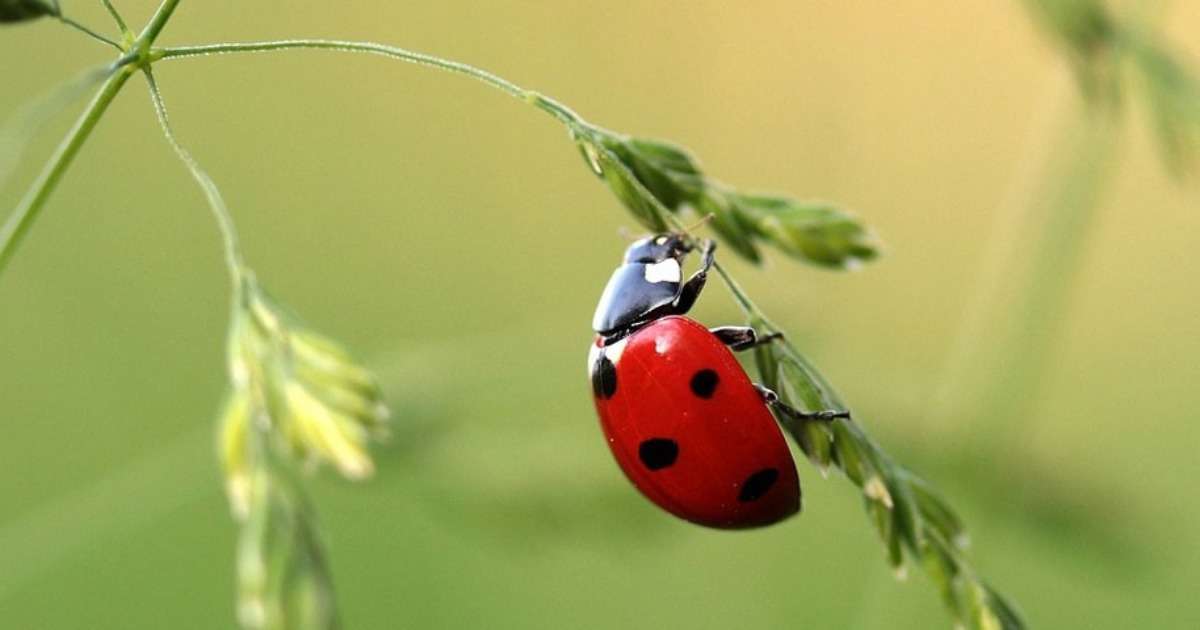
Ladybugs and lacewings do not spy on their prey’s alarm pheromone
Leaf sucking creatures like plant aphids are common and can cause considerable damage to plants. Therefore, quite a lot of effort is made to control these tiny creatures.
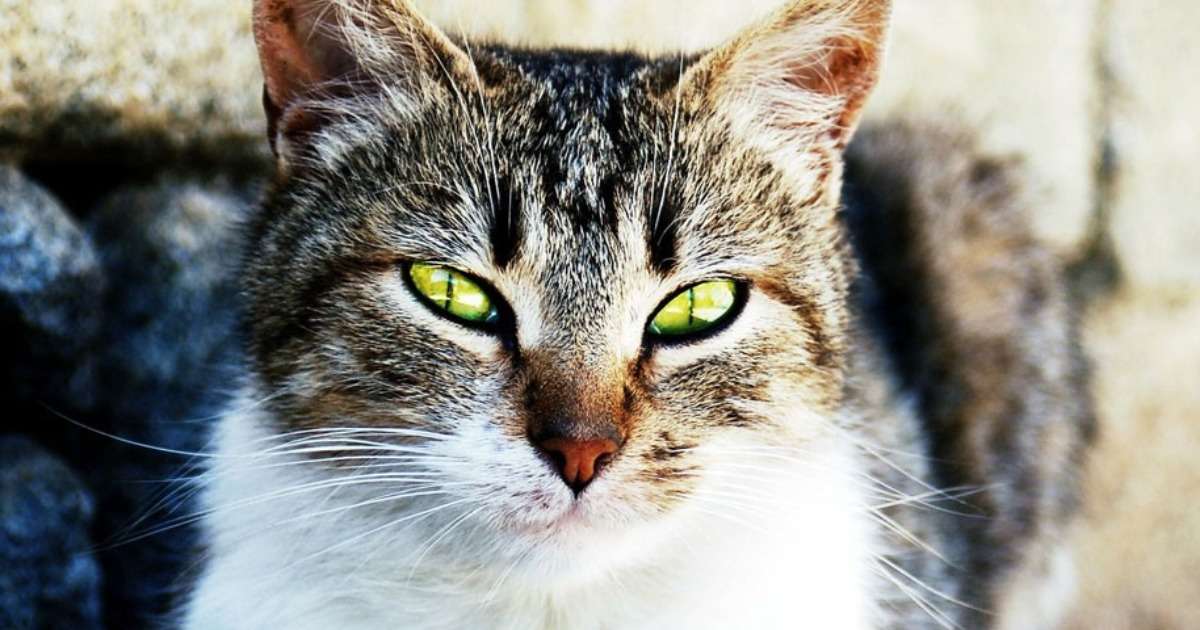
Picky cats and tasty food – sniffing is an indicator for tastiness
Cats can be extremely picky when it comes to food. If the cat doesn’t like it, it will refuse to eat. Reason enough for the pet food industry to try to find out what cats really like.
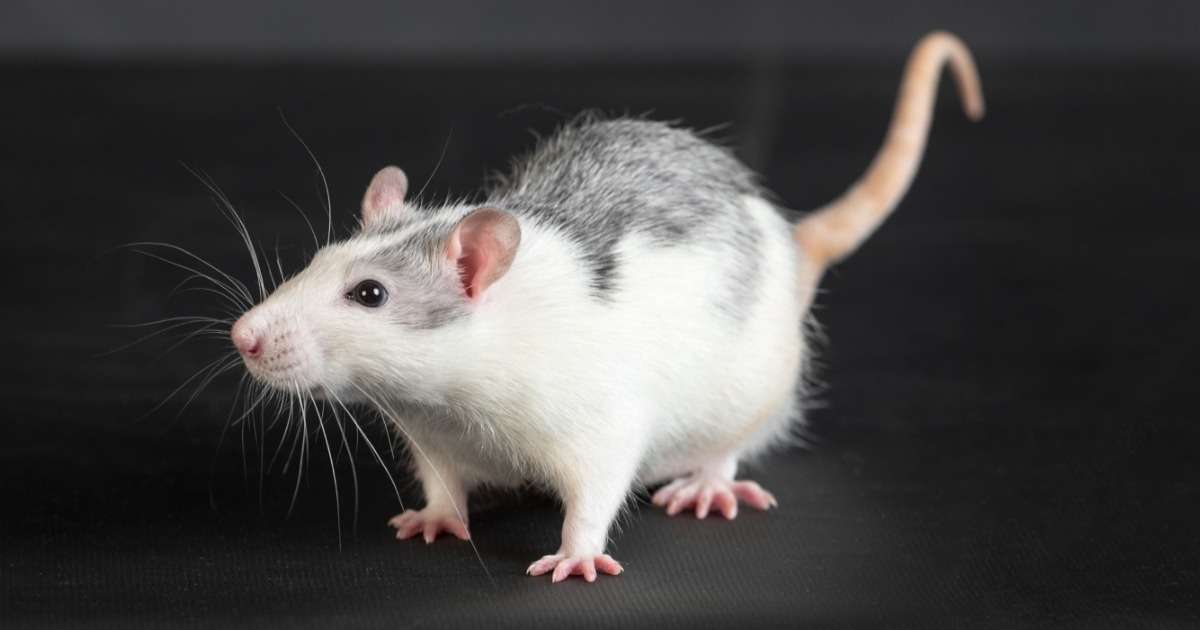
Walking the ladder: testing the cellular source of motor functioning in mice
The cerebellum, our “little brain”, is all about motor control; more specifically, it’s about coordination, precision, and timing.
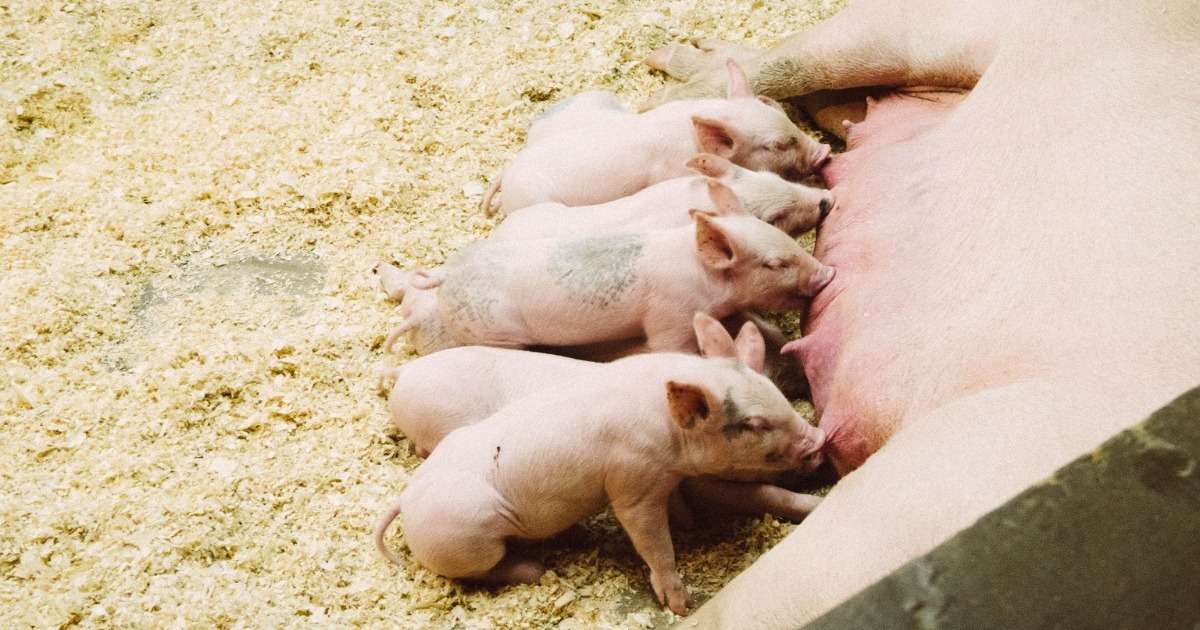
Mixing sows: aggression and stress of group housing on first-time sow mother
In this experiment, Ison and colleagues looked at the social interaction when a mixed group of primiparous and older, unfamiliar sows were placed in group housing together.

What a horse likes to eat: how to test dietary preferences
Redgate and colleagues looked into the addition of a monadic phase (a phase in which only one food was offered at a time instead of all of the options) to choice testing.
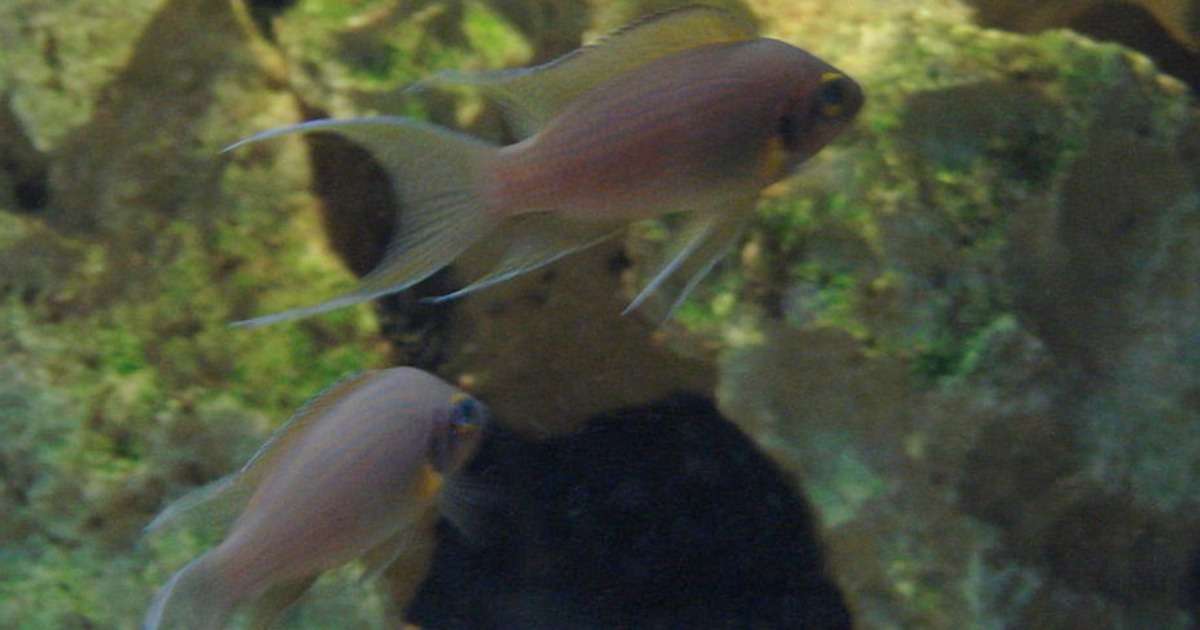
The accuracy of measuring fish aggression by using mirror tests
To examine the response of cichlids to their mirror image, Balzarini et al. used three sympatric species from Lake Tanganyika and did the mirror test for measuring aggression.
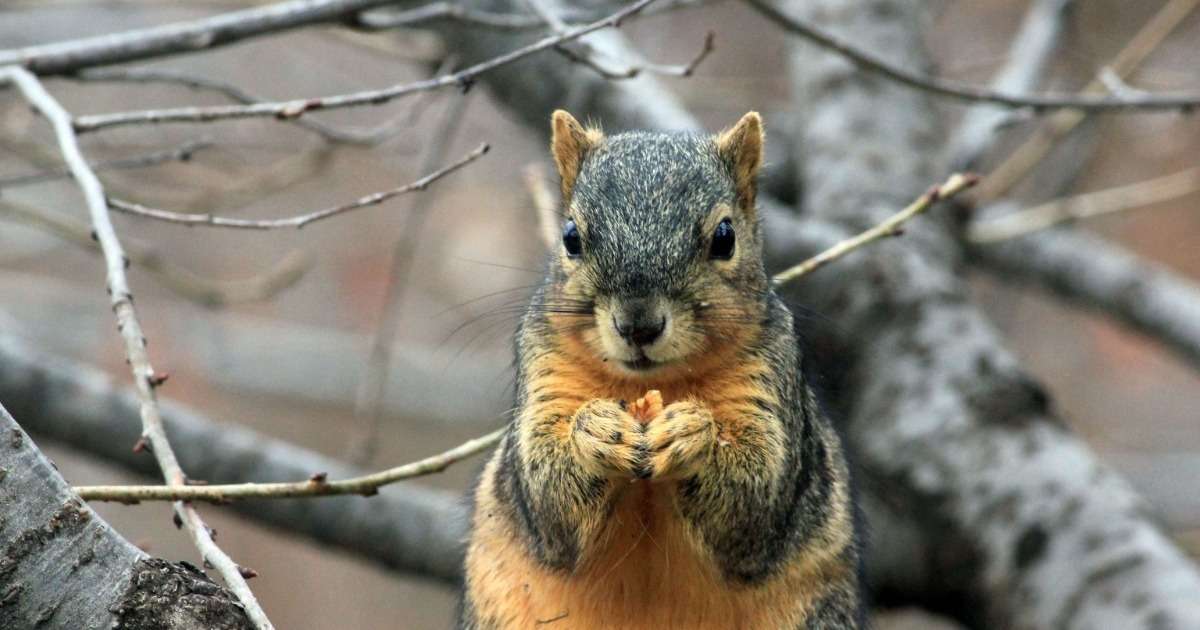
The relationship between food scarcity and caching in fox squirrels
We’ve all seen squirrels carrying acorns around in their mouths and burying them in the ground. This is a way to hoard food, and most squirrels use a strategy called scatter-hoarding.

The impact of visitor access in a shelter on the welfare of shelter dogs
If you’ve ever been to a shelter to adopt a dog, you know that when you walk into the holding area, the dogs can get very noisy.
